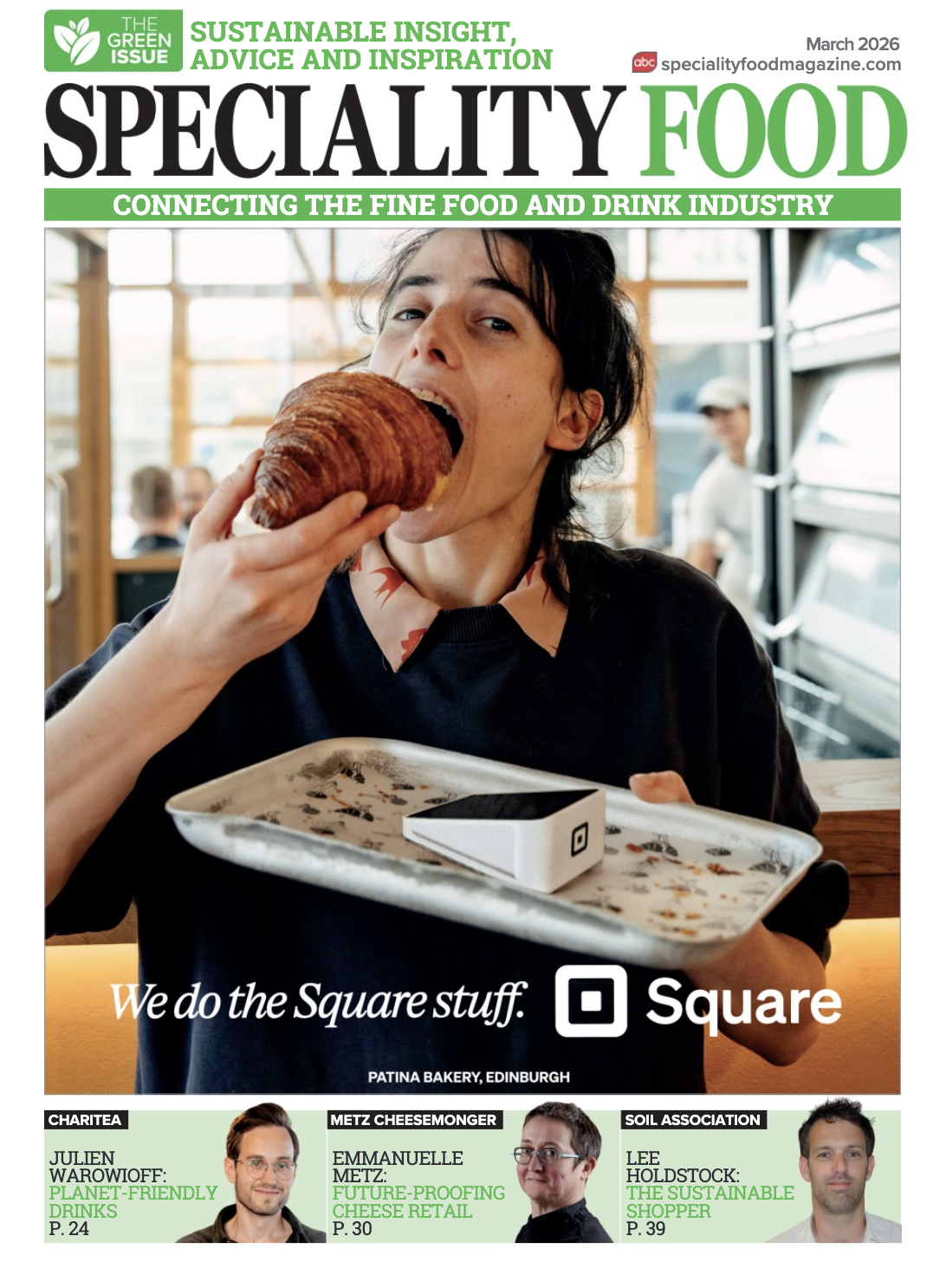How does adopting a Triple Bottom Line approach to business really change the world?

- Becoming a B Corp
- Top trend predictions for Christmas 2021
- Self-sacrifice: The importance of building a leadership legacy centred on others
- Undercover Boss
- Can/should bosses really be close friends with their staff?
Much of the inequality in the world can be traced back to business as can much of the environmental damage.
For many years the profit motive has been the only motivation for business owners and shareholders throughout the world. Due to their earlier development during the 18th and 19th centuries, western businesses have been at the forefront of changing the world for worse. On the environmental level our forefathers may have had the excuse of lack of knowledge of climate change but how anyone could have thought that pumping out so much smoke from factories to cause endless days of smog in London, for example, was ever a good idea. And whilst there have always been philanthropists around within the business, most businesses in previous generations saw their employees as commodities to generate extra profit.
Most businesses in the UK and throughout the world are set up as legal entities where the only goal it to make money for the shareholders. Indeed, in some states it has been illegal to have any motive aside from profit in a company’s legal foundation. Taken to extremes we can see how this can easily turn into ‘profit at all costs’ in the wrong hands.
The good news is that there is a new generation of businesses emerging. There are now many businesses throughout the UK that have changed their Articles of Association so that the company exists for the benefit of all stakeholders, not just the shareholders. These other stakeholders are the employees, suppliers, and all communities impacted by the activities of this new type of business. The term triple bottom line (TBL) or 3 P’s has been adopted as short-hand to describe these companies: people, planet and profit.
These new businesses are not social enterprises, they are still for-profit businesses, but they hold the impact to other people and the planet in equal value to profit. Businesses like this will start to change the world by reducing their environmental impact or, even better, eliminating it entirely by going carbon neutral. These TBL businesses will also help alleviate poverty by paying suppliers in developing countries a better price for their goods and ensuring a more even distribution of wealth amongst their own teams by profit-share or even shared ownership schemes.
As one of the richest 30 countries in the world based on GDP, the UK has a very high level of income inequality compared to other developed countries. There are only six other countries in the world that have a more unequal distribution of wages: Mexico, USA, Israel, Estonia, Spain and Greece. According to The Equality Trust, in 2015-16, households in the bottom 10% of the UK population had an average net income of 9 times less than the top 10%. It is time for TBL businesses to lead the way and show that there is a better way of doing business, one that is fairer and shows compassion, but at the same time is still fully engaged in the business world.
These will be the businesses that will increasingly lead the way with consumers wanting to buy their goods, talented young people wanted to work for them and investors keen to invest in them. Is it time to change your business model to become a force for good? For much more on this you can now listen to my book on Audible (https://amzn.to/2UkUInR) or itunes (https://apple.co/2UCfRt6)
more from Speciality Bites
-
Generosity
05 July 2021 Speciality BitesGenerosity from leaders makes business better in all aspects, yet few businesses have discovered the benefits that accompany being generous of spirit. -
We are now retailers too!
21 June 2021 Speciality BitesSo, the week has arrived at last when I become a retailer as well as a wholesaler. What a journey it has been. -
We need leaders, not managers
07 June 2021 Speciality BitesI’ve mentioned before that not many people can give me the name of someone when asked at interview who has inspired them most from their previous work life. This is because most people have only experienced management not leadership.

